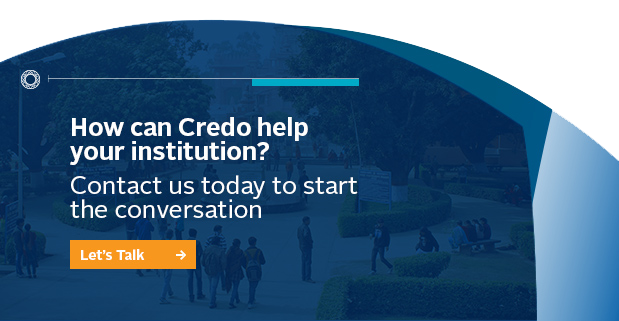
February 14 2012
This is a continuation from my first blog on considering an adult education that fits with an institution’s past, present and future goals.
Previously I highlighted that an Adult Education Program must be Mission Driven; have Integrated Market Research, Branding and Promotion; and have Streamlined Organization & Systems.
Continuing in this vein, there are a few more key areas to consider:
Distinctive, Relevant, Affordable Programs Your institution’s Adult Education Program’s mission must focus on creating and maintaining a program of distinction that is affordable and relevant for today’s learners and employers. To ensure you’re meeting this objective you need to ask the following questions of your institution’s program:
- How do your institution’s program offerings compare with current market needs?
- What are the program distinctives and to what extent can members of the College or University articulate these distinctives?
- How do current pricing/aid strategies position the College or University programs relative to regional competitors and other relevant options?
- How is the College or University measuring, both internally and externally, whether or not its adult education programs are producing the kinds of outcomes that are desirable to students, faculty, employers, and accrediting agencies?
- How has the College or University leveraged partnerships with feeder colleges, companies and other organizations to increase awareness and enrollment in its adult education degree programs?
- What is the relationship with the traditional undergraduate programs at the College or University in terms of a productive pipeline for graduate students in particular?
- How are alumni of the adult education programs engaged in the relationship development process?
- Where does the institutional responsibility for building and sustaining effective internal and external partnerships reside?
- Are program delivery options flexible and uniquely student-centered?
- Are adult education programs delivered in a traditional classroom setting?
- Does the College or University offer adult education degree programs that are fully online?
- Does the College or University offer an adult education degree programs in a hybrid (online and on ground) modality?
- What kind of student satisfaction research is done on a regular basis and how have those results been integrated into ongoing student-centered program delivery?
- Support from a dedicated leadership and campus community is essential.
- Annual reinvestments in adult education staff and technology are critical.
- Optional delivery methods, both online and on ground, are critical for adult learners as they tend to balance home and family-life among careers.
- Curriculum must be rigorous and driven by the institution and its faculty.
Recent Posts
- Richard Dunsworth, J.D., To Receive 12th Annual Courageous Leadership Award December 16 2024
- Meet the 2024 Credo Values Award Recipients August 27 2024
- What is Executive Coaching, Really? June 25 2024
- Credo & The Constructive Dialogue Institute Announce A New Partnership For Higher Education Leadership Development March 7 2024
- Celebrating Women And Gender-Diverse Learners & Leaders February 28 2024
Categories
- Strategy
- Leadership
- Student Success
- Student Success & Retention
- Enrollment
- Pivot
- Strategic Planning
- Leadership Development
- News
- Strategic Enrollment
- Campus Planning and Architecture
- Moving the Needle
- Data
- Research
- Retention
- Campus Master Planning
- Enrollment & Financial Aid
- Academic Programming
- Campus Planning
- Thriving
- Admitted Student Research
- Architecture
- Finance
- Advising
- Admissions

